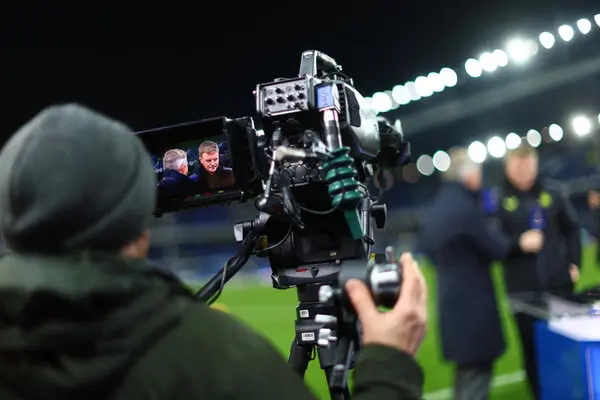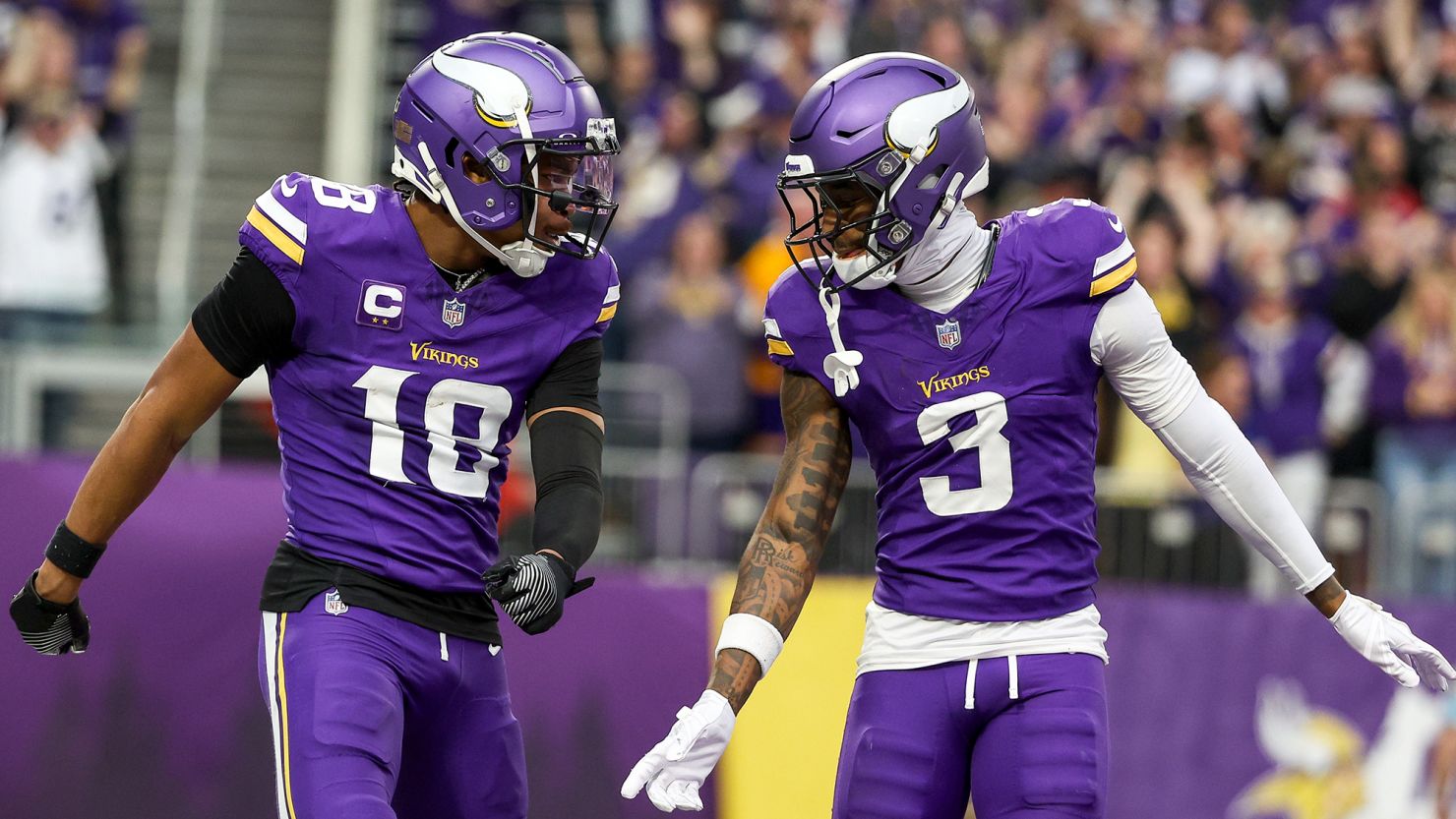After nearly a decade as a pioneer in Australia’s sports streaming space, Optus Sport is reportedly set to exit the market, marking the conclusion of its transformative role in reshaping how Australians consume live sports content. The departure, which could be finalized as soon as this week, comes amid widespread industry consolidation and a renewed battle for supremacy in the over-the-top (OTT) sports broadcasting space.
The Rise and Fall of a Streaming Pioneer
Optus Sport launched in 2016, disrupting the traditional sports broadcasting hierarchy by offering Premier League matches and other international football competitions via direct internet access. It was an early adopter of the OTT model—one that aimed to bypass traditional cable and satellite platforms in favor of a Netflix-style streaming experience.
Backed by substantial investment, the platform gained a strong foothold with exclusive football rights, including the UEFA Nations League, Women’s Super League, and the J.League. However, despite offering a comprehensive football package, it struggled to become the all-encompassing football hub it aspired to be. Key properties like the A-League and the Matildas remained elsewhere, creating a fragmented experience for fans.
The Impending Transition to Stan Sport
With Optus’ reported $300 million rights package likely to be acquired by Nine Entertainment’s Stan Sport, a new chapter begins. This move positions Stan Sport as a serious challenger to Foxtel/Kayo Sports, with a growing portfolio that includes Wimbledon, UEFA Champions League, and British & Irish Lions tours.
Jon Marquard, a seasoned sports rights consultant, emphasized the shifting tides: “From 2019 to 2023, capped by the Women’s World Cup, Optus boosted its brand value by nearly $1 billion. But the global influx of competition and the telco’s internal strategic shifts signaled the beginning of the end.”
Competitive Landscape: Foxtel, Stan, and DAZN
Following DAZN’s $3.4 billion acquisition of Foxtel, the Saudi-backed platform is also emerging as a significant player in the Australian market. Its rights to the FIFA Club World Cup and the continued growth of Kayo Sports underscore a rapidly shifting ecosystem.
While Stan remains the only Australian-owned streaming platform, DAZN’s financial muscle and global expertise represent a looming challenge. The battle for future NRL rights, currently under negotiation for the post-2028 cycle, could dramatically reshape alliances and viewer behaviors.
A Win for Consumers?
The end of Optus Sport might simplify the lives of football fans, potentially reducing their monthly subscriptions from $25 (for non-Optus customers) to a single Stan Sport bundle. However, with platforms like Kayo increasing prices and DAZN implementing tiered access strategies, cost-conscious fans may still find themselves navigating a complex and expensive digital landscape.
Regulatory Considerations
Australia’s anti-siphoning laws continue to safeguard marquee events for free-to-air viewers, but the streaming surge is inevitable. As more consumers transition to smart TVs and mobile devices, traditional viewing habits are being challenged. Investments by Seven and Nine in their own ad-supported platforms hint at the approaching digital-first era.
From a consultancy perspective, Optus Sport’s exit offers a valuable lesson in market timing, platform scaling, and brand synergy. The following are key takeaways for OTT platforms and rights holders:
1. Fragmentation vs. Aggregation: Fans demand convenience. Rights bundling—as DAZN and Stan are aiming for—can provide simplicity and value, improving retention rates.
2. Platform Differentiation: Rights alone aren’t enough. Content packaging, user interface, pricing strategy, and marketing execution are essential for longevity.
3. Prepare for Regulatory Shifts: As lawmakers reassess anti-siphoning and digital rights legislation, platforms must stay agile and proactive in shaping the next regulatory landscape.
4. Local Identity Still Matters: In a globalized rights race, platforms like Stan Sport can win by tapping into national sentiment and aligning with Australian sporting culture.
Final Thoughts
Optus Sport’s departure marks the end of an ambitious chapter in Australian sports broadcasting. As the dust settles, a new battle looms between homegrown challengers and global heavyweights. The victor will be determined not just by who has the rights, but by who can tell the best story, create the deepest engagement, and build a truly unified viewing experience.
Want to navigate the future of sports streaming? Reach out to 365247 Consultancy for bespoke strategy, rights valuation, and digital transformation support.


